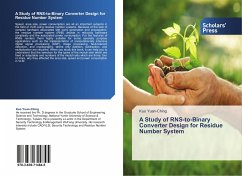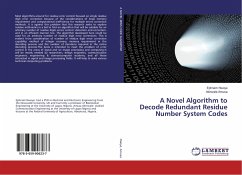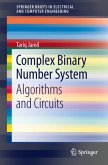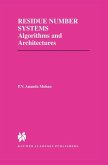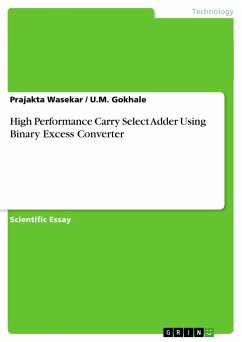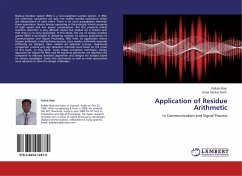Speed, area size, power consumption are all an important subjects in the field of VLSI using residue number systems. Because of the lack of complex hardware associated with carry generation and propagation, the residue number system (RNS) assists in reducing hardware complexity and the associated power consumption. For the features of RNSs renders them highly suitable for some specially purpose applications such as the implementation of computationally intensive digital signal processing (DSP), image processing, fault-tolerant detection, and cryptography, where only addition, subtraction, and multiplication are required. When you study this book, it can help you to understand that the selection for the types of the moduli sets which are fixed or adaptable and numbers of the moduli sets which are three, four or more, why they effected the area size, speed and power consumption in VLSI.
Bitte wählen Sie Ihr Anliegen aus.
Rechnungen
Retourenschein anfordern
Bestellstatus
Storno

